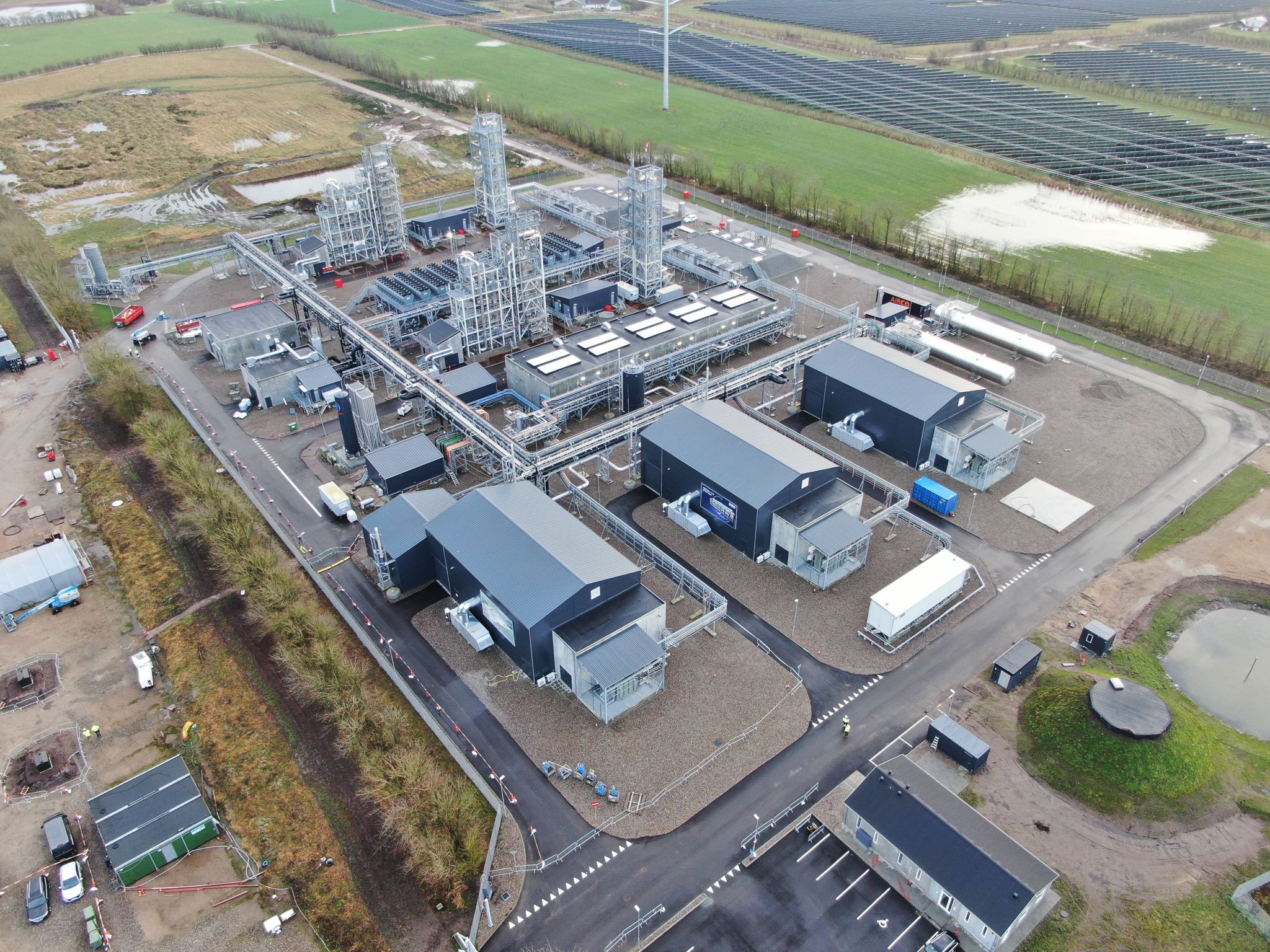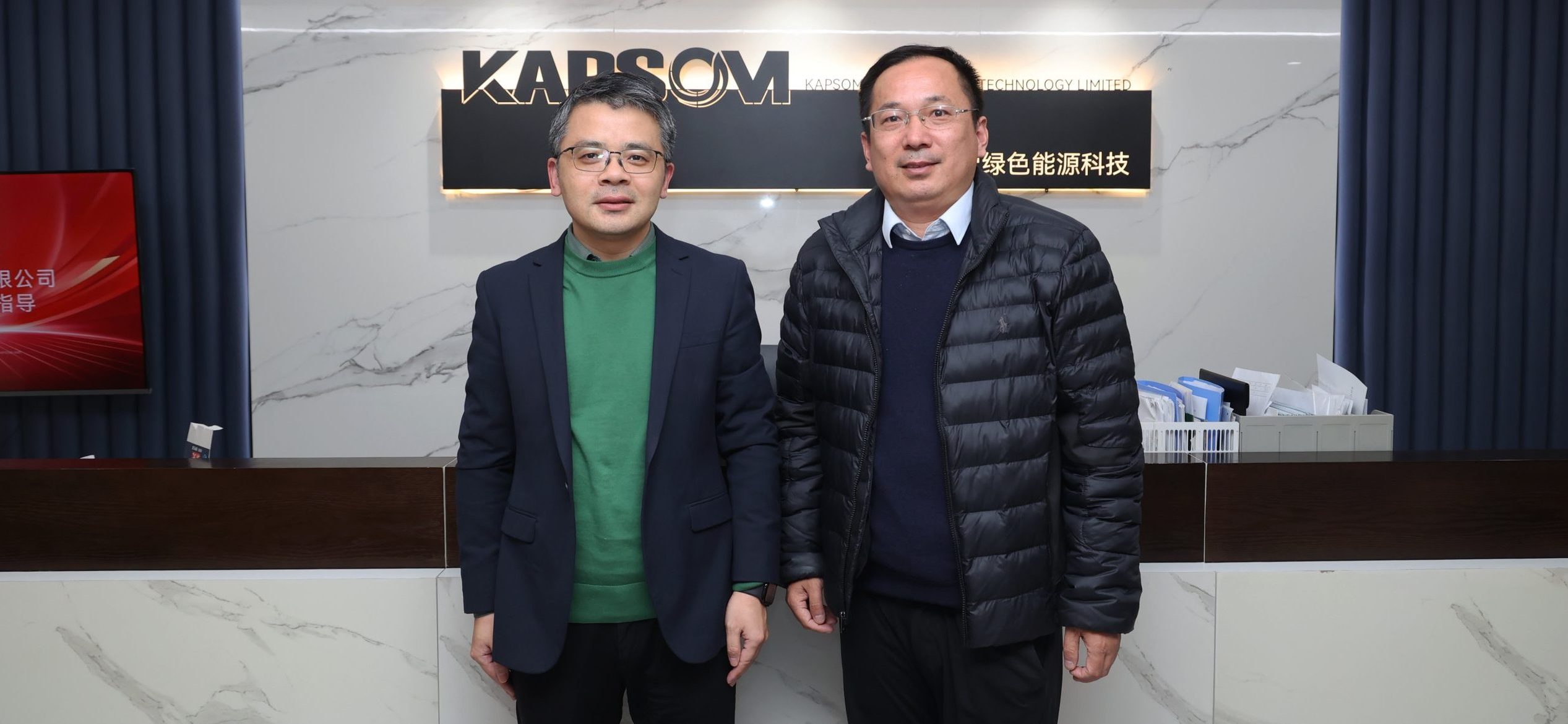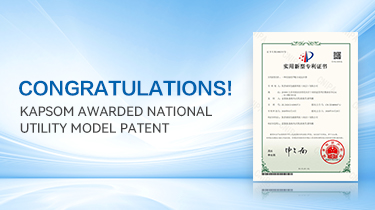Introduction:
On September 27, 2023, KAPSOM established a strategic partnership with Asian PGC New Energy Enterprise. PGC will rely on KAPSOM’s core technology and key equipment to demonstrate industry-leading production of green methanol from biomass. We signed a Memorandum of Understanding of Green Methanol, with plans to explore the establishment of a long-term and close cooperation in the clean energy sector based on the green methanol project.
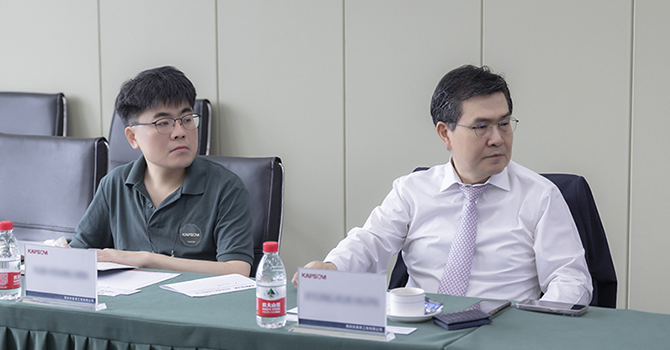
Project Description
The project plans to achieve an annual production target of 20,000 tons of green methanol using plasma technology and green methanol processes. PGC has signed a letter of intent to supply green methanol with a major plastics manufacturer and a raw material agreement with a large forestry association in June 2023. It is expected to produce 6.5 million liters of green methanol annually from forest wood waste and plastic waste and utilize the factory’s waste heat to operate an intelligent farm.
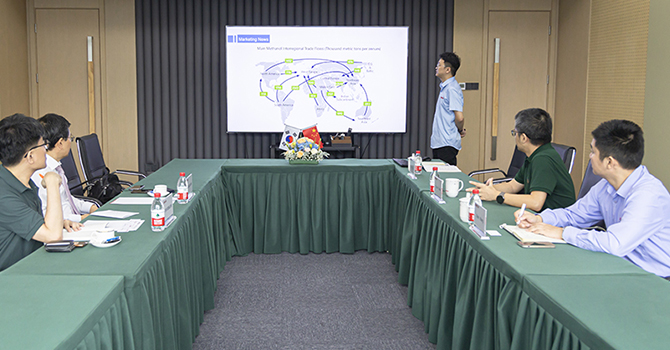
PGC Green Methanol Project Poised to Drive Decarbonization in Shipping
Amid the backdrop of the maritime industry’s full-scale decarbonization era, PGC is taking the lead in launching the green methanol project, which can help the shipping sector achieve its targets of reducing carbon emissions intensity from the 2008 baseline by 40% by 2030 and reducing annual greenhouse gas emissions by 50% by 2050.
Leading shipping companies worldwide are taking a dual approach to reduce carbon emissions in the maritime industry. On one hand, they are improving vessel efficiency through techniques such as ship retrofitting, adjusting sailing speeds, optimizing routes, and reducing idle time. On the other hand, they are actively developing new-generation vessels powered by clean fuels, urging shipping firms to transition from traditional non-carbon-neutral fuels to carbon-neutral options, including green methanol. It is estimated that global methanol demand will exceed 500 million tons by 2050, with a projected demand of 385 million tons for clean methanol.
Some governments in various countries are steadily advancing the development of sustainable fuels and launching several initiatives to encourage their use. The European Union, for instance, has proactively introduced several new regulations, including mandatory sustainable fuel requirements within the EU. These regulations set five-year quantitative targets for reducing carbon intensity and include maritime emissions within the EU carbon market. Starting from early 2023, shipping will be integrated into the EU carbon market, and all cargo vessels entering or leaving the EU, regardless of their flag state, will be required to pay emissions taxes.
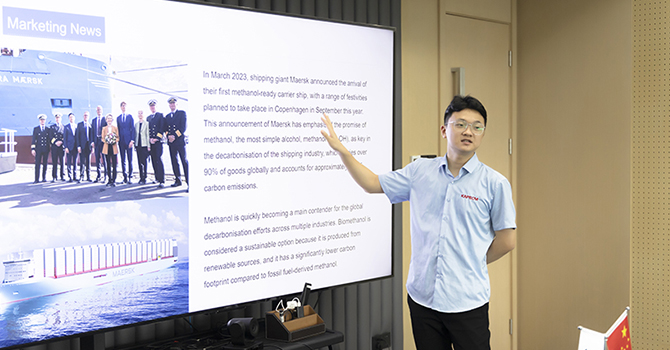
Project Significance:
Moreover, this project boasts significant social and environmental benefits. It is projected to generate 450 million in revenue for the domestic economy, create approximately 190 million in added value, and offer employment to over 330 individuals, making a substantial contribution to the country’s economy. Additionally, by integrating biomass-based green methanol production technology, plasma-based carbon conversion technology that reduces CO2 emissions, and green hydrogen production through water electrolysis, this project is set to become a prime example of commercialized CCU (Carbon Capture and Utilization) applications.
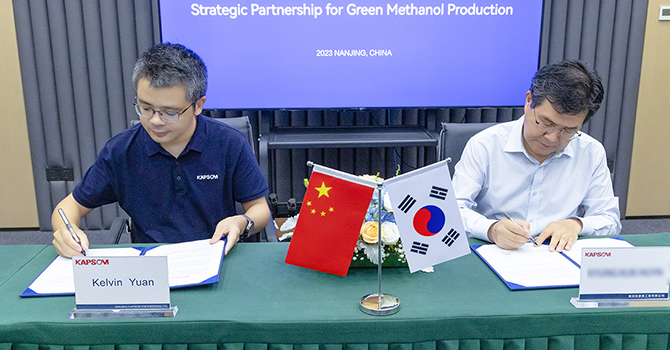
Conclusion:
KAPSOM is honored to be part of this impactful project that contributes to decarbonization goals in Asia and the entire shipping industry. Green methanol is paving the way for a low-carbon future in shipping, and we are delighted to witness and support the growing number of outstanding enterprises joining this race.

